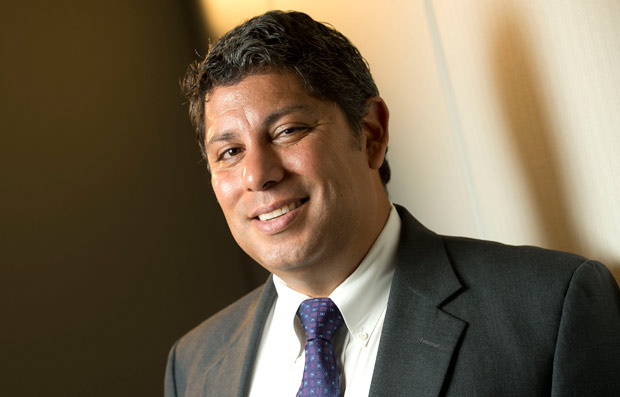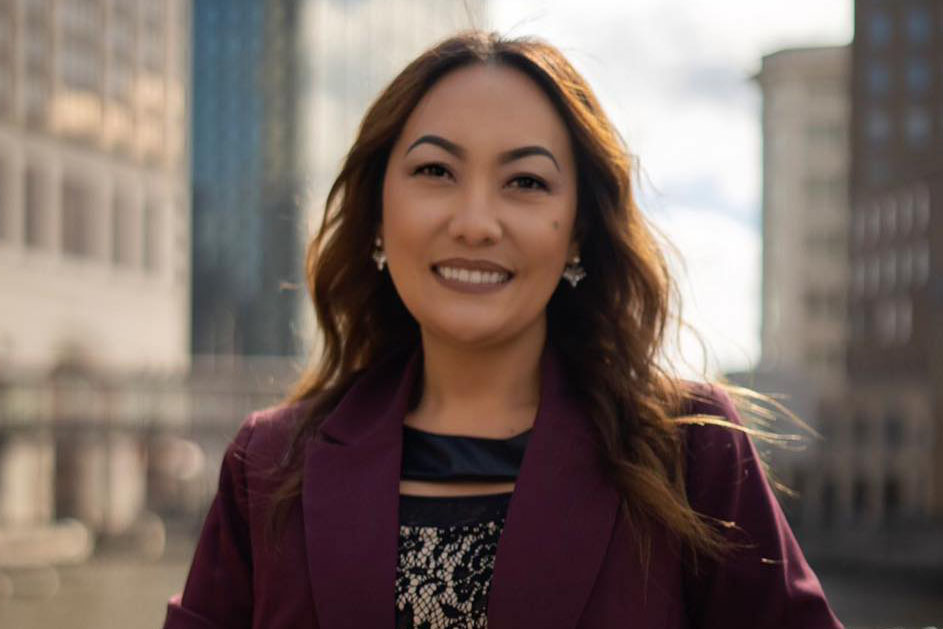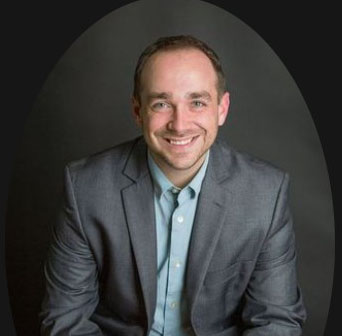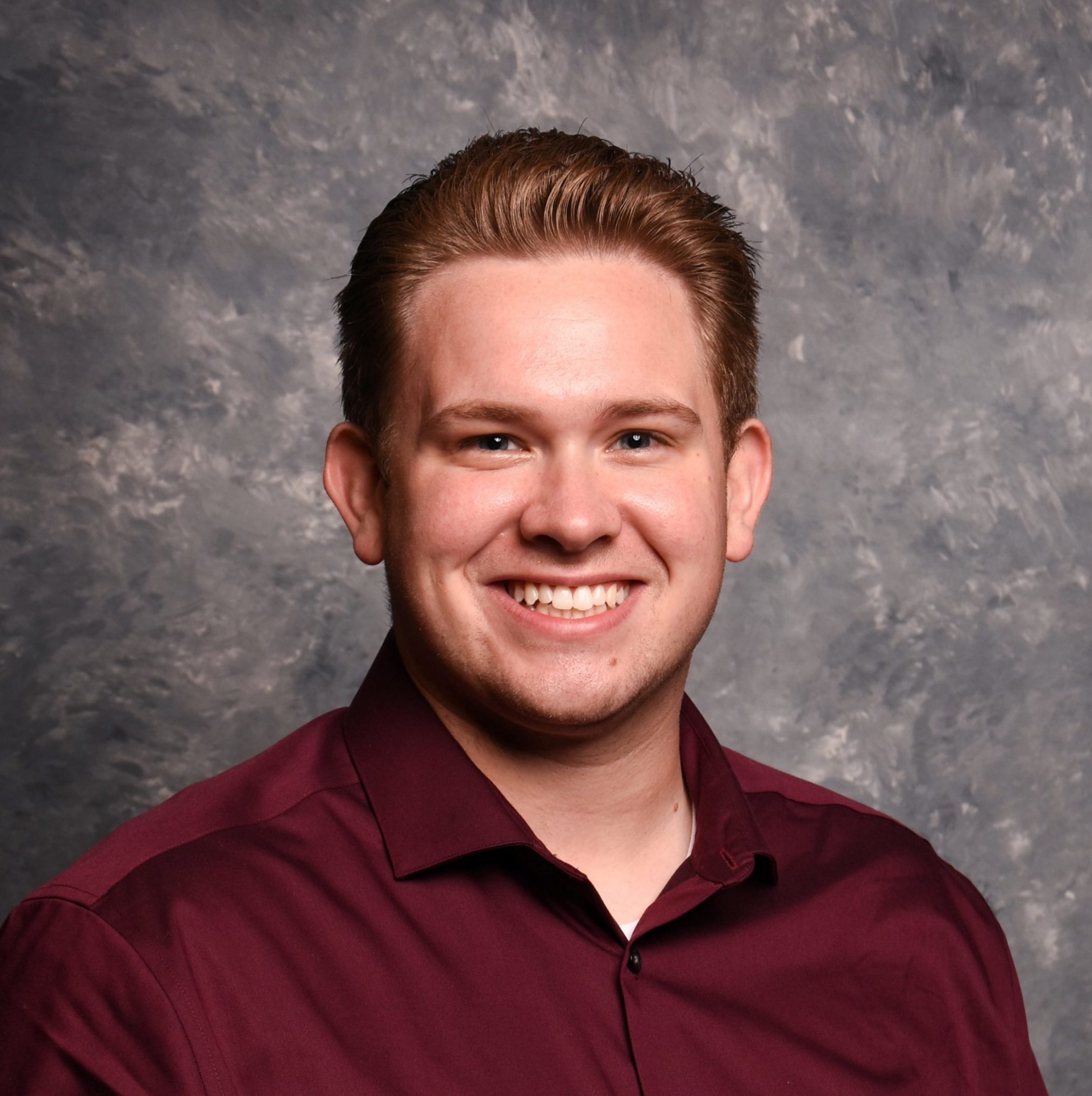Davis & Kuelthau’s Rojas helps clients navigate complex immigration system
By: MaryBeth Matzek, Special to the Wisconsin Law Journal//August 10, 2016//
Davis & Kuelthau’s Rojas helps clients navigate complex immigration system
By: MaryBeth Matzek, Special to the Wisconsin Law Journal//August 10, 2016//

Hugo Rojas knows firsthand the workforce hurdles his clients are facing.
Rojas, an attorney with Davis & Kuelthau’s Labor and Employment Team in Milwaukee, advises businesses on navigating the complex regulations of the U.S. immigration system as they look to find and maintain their multinational workforce. The son of immigrants, Rojas was born in the U.S. and then immigrated with his parents back to their native Argentina for several years during his childhood. He later returned to the U.S.
“I’ve seen the struggles that immigrants and their employers go through and all the hoops they need to jump through,” Rojas said. “I experienced it myself with moving to Argentina after being born in the United States and saw what my parents experienced when they came to America. It’s a very complex process.”
Rojas didn’t start out wanting to be an attorney focusing on immigration … or actually an attorney at all. After college, he did community work in Chicago and worked as a lobbyist in Washington, D.C.
“Through those jobs I worked with a lot of attorneys and liked their ability to solve problems and get to the nut of any issue,” Rojas said.
As for choosing to focus on immigration law, Rojas said that choice that easy.
“I appreciated how my parents navigated immigration bureaucracy,” he said. “Professionally, I really enjoy helping businesses formulate plans and strategize how to add and maintain their international workforce. The world is getting smaller, the workforce is getting more multicultural and immigration lawyers can be key partners in dealing with that process.”
Immigration is a key issue in the race for president, and Rojas said there are a lot of misconceptions about immigration law and just how difficult immigration to the U.S. can be.
“We don’t have a magic wand that lets anyone live in the United States. There’s also not a myriad of options that we can go with — I view my role as helping my clients to effectively navigate the process and to come up with solutions,” he said. “Immigration can be an arduous and expensive path, so it is imperative to get it right.”
The most common industries Rojas works with include higher education, manufacturing, information technology and health care. He pointed out immigration law is not only constantly changing, but also involves multiple federal departments and agencies, including the U.S. Department of Homeland Security, the U.S. Department of Labor, the U.S. Department of State and the Executive Office of Immigration Review of the U.S. Department of Justice, which can add complexity to the process.
“In the end, however, you are talking about people and helping people,” Rojas said. “You’re helping a business succeed and helping people reach their goal of living and working in America.”
Wisconsin Law Journal: What makes your work important to you?
Hugo Rojas: On a personal level, it’s my family history — my parents being immigrants and me being an immigrant myself in Argentina. I understand the personal drama and process that people go through. As an attorney, you strive to help clients get it right every single time since a lot is at stake. For businesses, it’s about coming up with strategies to help them get the workforce they need.
WLJ: Who is your hero in the legal field?
Rojas: I’ve had several mentors, including Charlie Wintersteen, who’s an expert on immigration.
WLJ: What do you do outside of work to deal with stress from the office?
Rojas: I enjoy playing guitar and sometimes performing with a band. I also organize and manage a soccer team. I not only get to create fellowship with my community, but get some exercise too.
WLJ: What’s your favorite memory from law school?
Rojas: When I went to law school (at the University of Wisconsin School of Law), I was an older student with a wife and two young children. We went from living in a house to living in student housing in Eagle Heights. That experience was a great one for our family since you’re surrounded with such a diverse student population, not only with what they are studying, but also their cultures. In law school I really enjoyed being involved with the International Journal.
WLJ: Is there a certain case that stands out to you?
Rojas: It’s a case that goes all the way back to 1898 — United States v. Wong Kim Ark. The outcome of that case basically confirmed that every child born in America is an American citizen regardless of their parents’ immigration status. It guaranteed full membership in to our society of every person born here. Obviously, that is very personal to me since I was born here as a child of immigrants, but it also sets the United States apart on an idealistic level and makes living in America so attractive to people around the world. You can make a life here and aspire to be an American citizen. That ideal is not something that we should take for granted.
In some countries, for instance like Germany, until very recently, birth in Germany did not guaranty a person German citizenship. Even people who are two or three generations removed from arriving from Turkey, for example, aren’t seen as Germans, but rather as Turkish. The Wong Kim case and that ideal, to me is what sets us apart, and illustrates who we are as a nation.
Legal News
- Wisconsin attorney loses law license, ordered to pay $16K fine
- Former Wisconsin police officer charged with 5 bestiality felony counts
- Judge reject’s Trump’s bid for a new trial in $83.3 million E. Jean Carroll defamation case
- Dozens of deaths reveal risks of injecting sedatives into people restrained by police
- The Latest: Supreme Court arguments conclude in Trump immunity case
- Net neutrality restored as FCC votes to regulate internet providers
- Wisconsin Attorney General asks Congress to expand reproductive health services
- Attorney General Kaul releases update at three-year anniversary of clergy and faith leader abuse initiative
- State Bar leaders remain deeply divided over special purpose trust
- Former Wisconsin college chancellor fired over porn career is fighting to keep his faculty post
- Pecker says he pledged to be Trump campaign’s ‘eyes and ears’ during 2016 race
- A conservative quest to limit diversity programs gains momentum in states
WLJ People
- Power 30 Personal Injury Attorneys – Russell Nicolet
- Power 30 Personal Injury Attorneys – Benjamin Nicolet
- Power 30 Personal Injury Attorneys – Dustin T. Woehl
- Power 30 Personal Injury Attorneys – Katherine Metzger
- Power 30 Personal Injury Attorneys – Joseph Ryan
- Power 30 Personal Injury Attorneys – James M. Ryan
- Power 30 Personal Injury Attorneys – Dana Wachs
- Power 30 Personal Injury Attorneys – Mark L. Thomsen
- Power 30 Personal Injury Attorneys – Matthew Lein
- Power 30 Personal Injury Attorneys – Jeffrey A. Pitman
- Power 30 Personal Injury Attorneys – William Pemberton
- Power 30 Personal Injury Attorneys – Howard S. Sicula











